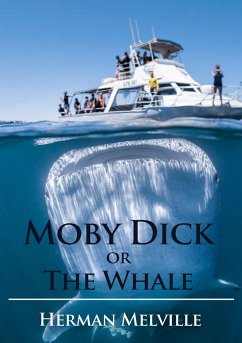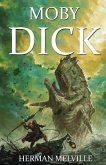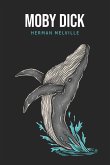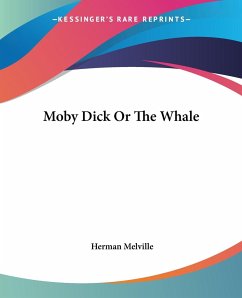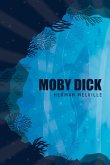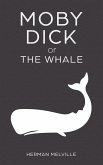Moby-Dick or, The Whale (1851) is a novel by Herman Melville considered an outstanding work of Romanticism and the American Renaissance. Ishmael narrates the monomaniacal quest of Ahab, captain of the whaler Pequod, for revenge on Moby Dick, a white whale which on a previous voyage destroyed Ahab's ship and severed his leg at the knee. Although the novel was a commercial failure and out of print at the time of the author's death in 1891, its reputation as a Great American Novel grew during the twentieth century. William Faulkner confessed he wished he had written it himself, and D. H. Lawrence called it "one of the strangest and most wonderful books in the world", and "the greatest book of the sea ever written". "Call me Ishmael" is one of world literature's most famous opening sentences. The product of a year and a half of writing, the book is dedicated to Nathaniel Hawthorne, "in token of my admiration for his genius", and draws on Melville's experience at sea, on his reading in whaling literature, and on literary inspirations such as Shakespeare and the Bible. The detailed and realistic descriptions of whale hunting and of extracting whale oil, as well as life aboard ship among a culturally diverse crew, are mixed with exploration of class and social status, good and evil, and the existence of God. In addition to narrative prose, Melville uses styles and literary devices ranging from songs, poetry and catalogs to Shakespearean stage directions, soliloquies and asides.

